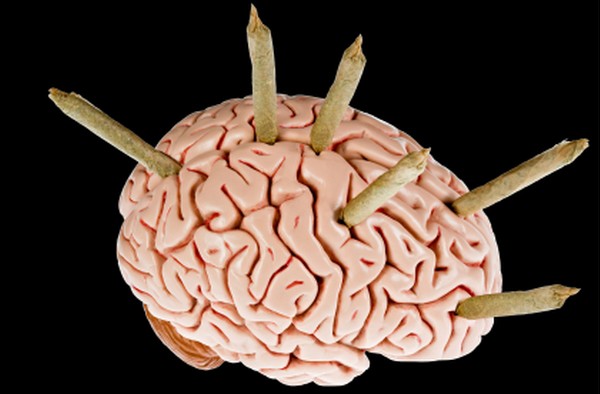
Stuff.co.nz – Lynne Bower and Deborah Stevens 6 May 2020
Family First Comment: Boom! Superb commentary – which asks the right questions:
“Setting aside the obvious question of why are we legalising and making readily available a product that is associated with a number of “harms to individuals, families/whānau and communities”, we need to carefully consider whether legalisation will enable any of the bold claims that are made in regards to promoting the wellbeing of New Zealanders. Firstly, legalisation is not necessary for “raising awareness of the health risks associated with cannabis use” — we can do this without legalisation. Further, there is nothing in the bill that says how “access to health and social services, and other kinds of support for families/whānau” will be improved. Further still, we need only look to other jurisdictions that have legalised cannabis for recreational use to see that eliminating the illegal supply of cannabis, restricting young people’s access to cannabis, and making sure the response to any breach of the law is fair, are unlikely to happen.
#saynopetodope
Setting aside the obvious question of why are we legalising and making readily available a product that is associated with a number of “harms to individuals, families/whānau and communities”, we need to carefully consider whether legalisation will enable any of the bold claims that are made in regards to promoting the wellbeing of New Zealanders.
Firstly, legalisation is not necessary for “raising awareness of the health risks associated with cannabis use” — we can do this without legalisation.
Further, there is nothing in the bill that says how “access to health and social services, and other kinds of support for families/whānau” will be improved.
Further still, we need only look to other jurisdictions that have legalised cannabis for recreational use to see that eliminating the illegal supply of cannabis, restricting young people’s access to cannabis, and making sure the response to any breach of the law is fair, are unlikely to happen.
Evidence does not support the argument that the black market and its associated gang involvement will disappear with the legalisation of cannabis. In Canada and California, government-authorised sellers are unable to keep up with the newly created cannabis demand, and government prices are higher than those of the black market. The range of cannabis products available is also greater on the black market. Hence, the black market continues to find support and thrives.
Although the bill sets the legal age of cannabis use at 20 years, this will not guarantee the safety of younger people. Research has found a significant increase in adolescent cannabis-associated emergency department and urgent care visits following legalisation, with greater numbers of young people requiring treatment for acute medical or psychiatric symptoms following cannabis use.
Research from jurisdictions in the USA that have legalised recreational cannabis use also shows that responses to breaches of the law in regard to cannabis are not applied fairly. Minority groups and indigenous people remain disproportionately represented in cannabis-related arrests, contrary to what legalisation proponents suggest.
Alcohol and tobacco companies have invested heavily in the newly created cannabis industry overseas. Cannabis is set to be the next addiction-for-profit industry. Given the way in which corporations are already organising themselves for legal recreational cannabis use, we need to ask ourselves: “Who will really benefit from such legalisation?”
If we recognise that there are harms associated with cannabis — as we do — then legalisation is not the way to address those harms. A better way forward may be to take the time to explore and publicly discuss the decriminalisation of cannabis, as opposed to its legalisation.
Decriminalisation would facilitate the separation of cannabis use from issues of social justice and health, and provide space in which the work of focusing on the wellbeing of New Zealanders can be better addressed. It will be wiser to vote “no” to the proposed Cannabis Legalisation and Control Bill, and instead push for public discussion on the decriminalisation of cannabis.
— Dr Lynne Bowyer and Dr Deborah Stevens are co-directors of The New Zealand Centre for Science and Citizenship Trust.
READ MORE: https://www.stuff.co.nz/national/health/300005217/better-to-decriminalise-cannabis-rather-than-legalise-it–bill-opponents
